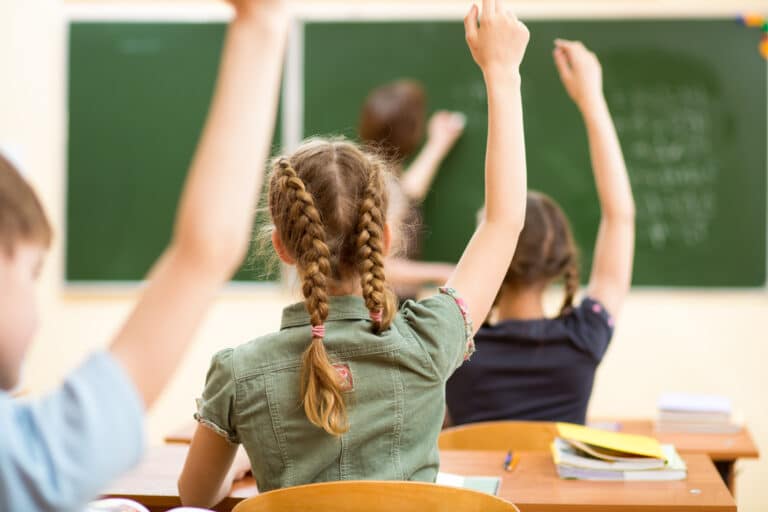In 2017, a letter penned by retired teacher Lisa Roberson made waves as it addressed the challenges facing the education system, particularly in relation to parental involvement. Even though it predates the COVID-19 pandemic, its sentiments continue to resonate and prompt discussions about the role of parents in education.
Roberson’s letter, published in the Augusta Chronicle, challenged the prevailing narrative that teachers are solely responsible for the perceived shortcomings of the education system. Instead, she pointed the finger at parents, arguing that their lack of involvement and support significantly contributes to the challenges faced by schools.

In her candid letter, Roberson highlighted several key issues. She noted instances where students arrived at school without basic supplies, forcing teachers to dip into their own pockets to provide essentials like pencils and paper. She also lamented the lack of parental engagement, citing examples such as absenteeism at parent nights and a failure to communicate regularly with teachers.
Furthermore, Roberson emphasized the importance of parental responsibility in ensuring that students are prepared for school, both academically and behaviorally. She questioned whether parents were instilling fundamental values like manners, respect, and responsibility in their children, aspects she deemed crucial for success in the classroom.
The letter struck a chord with many, igniting a debate about the respective roles of teachers and parents in shaping the educational experience. It prompted reflection on the broader societal issues that impact student achievement, from socioeconomic disparities to cultural attitudes towards education.
While Roberson’s letter may have been controversial, it served as a rallying cry for greater collaboration between schools and families. It underscored the vital role that parental involvement plays in supporting student learning and fostering a positive school environment.
As the education landscape continues to evolve, Roberson’s message remains relevant. It serves as a reminder that addressing the challenges of the education system requires a multifaceted approach that involves not just educators, but also parents, policymakers, and communities as a whole.
Please share this story to contribute to the ongoing dialogue about education and the vital role of parental involvement.
Love and Peace







